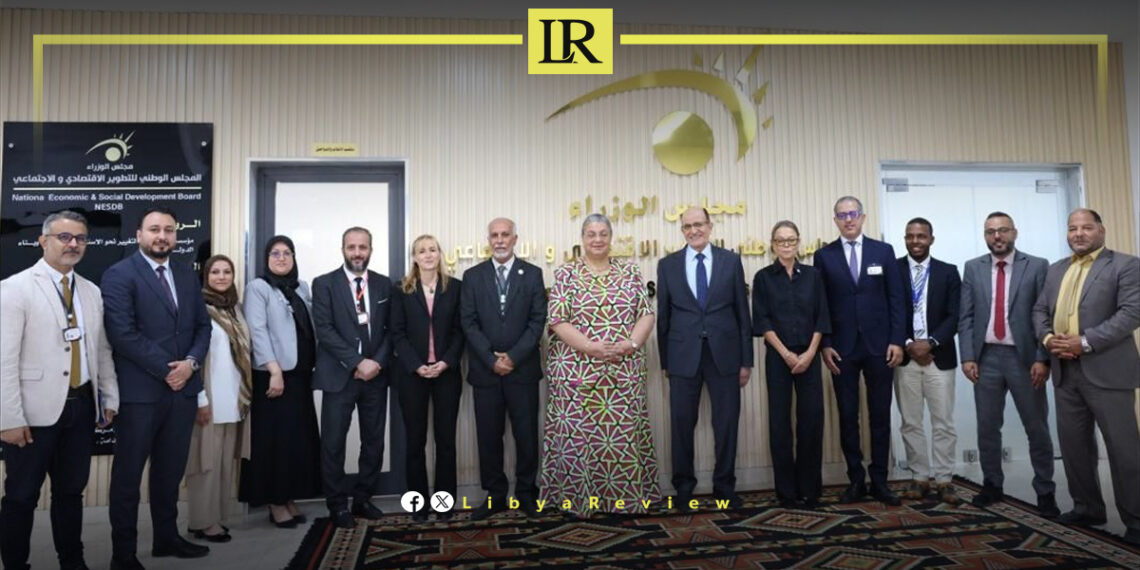The United Nations has renewed its commitment to supporting Libya’s path toward sustainable development, inclusive growth, and national unity, highlighting the central role of Libyan institutions in driving change.
In a recent meeting in Tripoli, Special Representative of the UN Secretary-General Hanna Tetteh and Deputy Special Representative and UN Resident Coordinator Ulrika Richardson met with Mahmoud Al-Futaisi, Director-General of the Libyan National Council for Economic and Social Development.
Discussions focused on how to strengthen Libya’s economic and governance frameworks while ensuring that development strategies address the needs of all citizens.
The UN officials stressed that Libya’s national institutions must lead the effort to design and implement a unified economic agenda capable of reducing divisions and laying the groundwork for long-term stability. They also highlighted the importance of transparency, good governance, and inclusive policymaking to ensure equitable growth across the country.
The meeting also revisited the political roadmap recently presented to the UN Security Council. Tetteh underlined that this roadmap is built on the views of Libyans themselves, gathered through consultations, surveys, and open dialogues. She emphasized that political and economic reform must advance together, with elections and institutional unification seen as critical steps toward sustainable peace.
For its part, the UN reaffirmed its long-term partnership with Libya, pledging to align international assistance with Libya’s national priorities. The organization said it will continue to work with government institutions, local authorities, and civil society to support reforms that create opportunities for youth and women, improve governance, and foster resilience against future crises.


